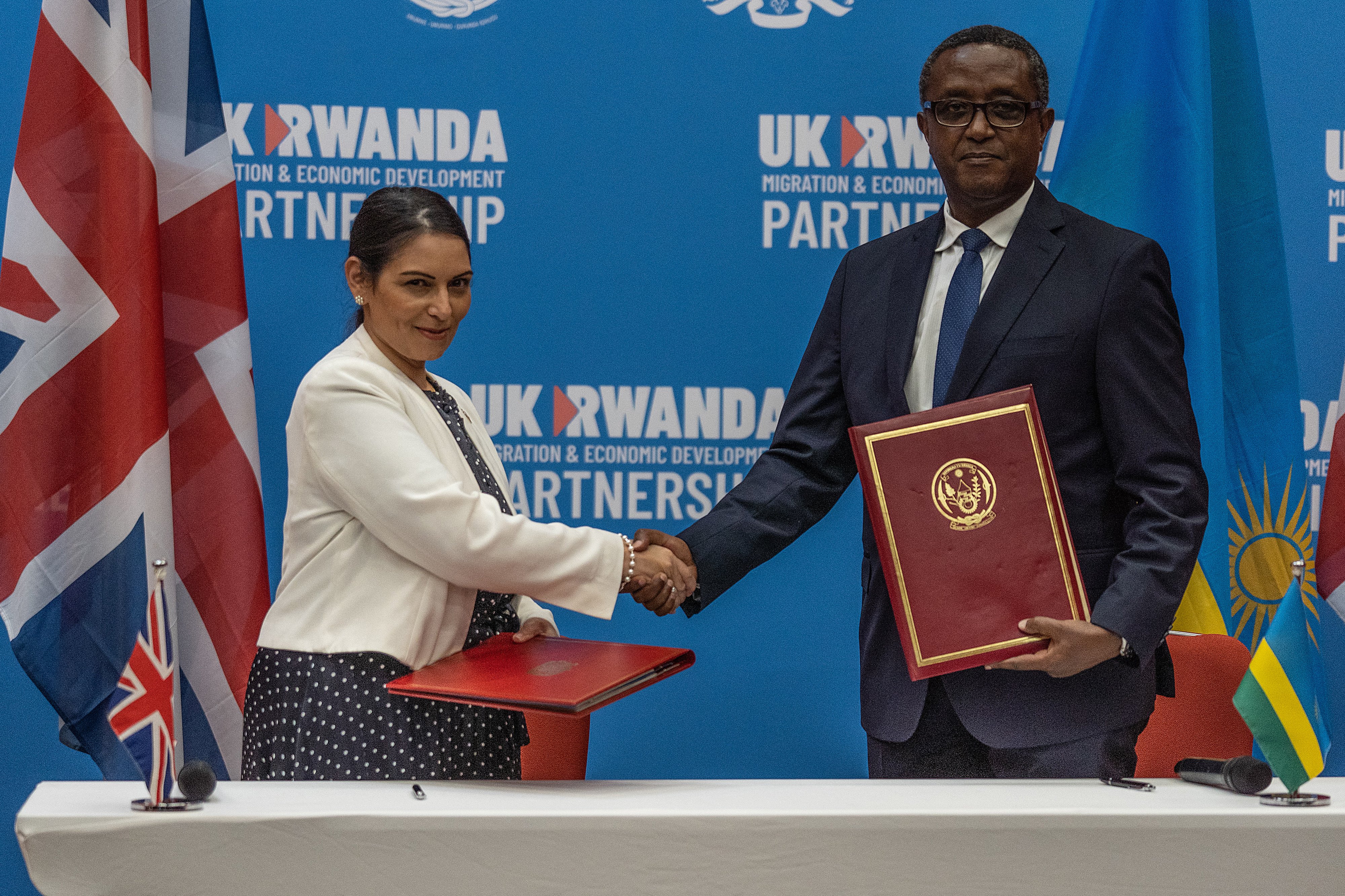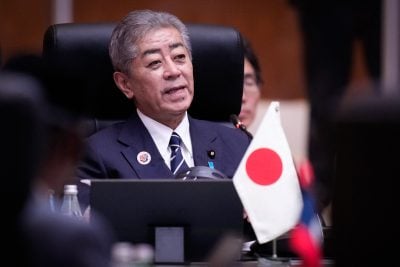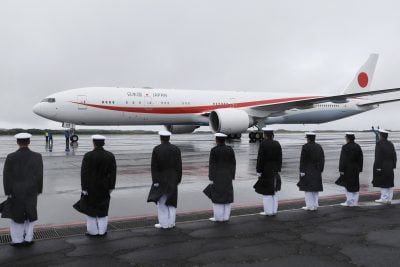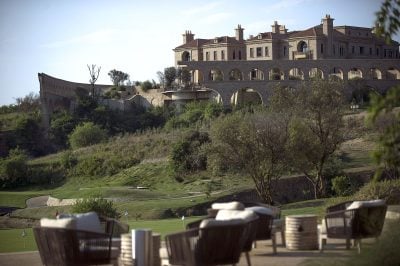Having decided that its exit from the European Union was not severe enough to mollify a hardline public on the issue of immigration, the British government has embarked on an extraordinary deal to relocate migrants who arrive in the UK through what it calls “illegal, dangerous or unnecessary methods” to Rwanda. Under the cynically named “Migration and Economic Development Partnership”, anyone who has arrived in the UK from 1 January 2020 using such methods will be subject to relocation to Rwanda, some 5000 miles away.
Asylum claims will be dealt with by Rwanda, with successful applicants being granted refugee status there. The UK claims that those who stay in Rwanda will be offered a “generous support package, including up to five years of training, accommodation and healthcare,” and says the number of people who can be relocated under the agreement is “unlimited”.
The plan is the latest desperate gambit by a UK Home Office which has seemingly decided that the UK public will accept nothing short of the most severe methods to deter desperate migrants. Sending destitute asylum seekers – many of whom will have already undergone harrowing journeys at the hands of people traffickers – to a separate part of the globe is the height of policymaking cynicism.
Even immigration hardliners have been spooked. Former UK prime minister Theresa May – herself inextricably linked with the UK’s “Hostile Environment” immigration policy, which culminated in the disgraceful Windrush scandal – said that the plan is flawed on the “grounds of legality, practicality and efficacy” and asked whether the implications for families had been considered.
Campaigners are even more blunt. Steve Valdez-Symonds, Amnesty International UK’s refugee and migrant rights director, called the scheme a “fundamental repudiation of obligations the UK shares with other countries to provide asylum”. He argues that migrants may find themselves caught in legal limbo between the UK and Rwandan immigration systems, lacking protection against abuse and threats of deportation to their dangerous countries of origin.
No doubt Rwanda will appreciate the £120m-a-year payments that the UK says will support a “new Economic Transformation and Integration Fund”. And the deal represents a diplomatic coup for Rwandan President Paul Kagame, who again cements his reputation as a friend of West and East alike.
But it’s hard to see how inheriting another country’s immigration policy will align with Rwanda’s interests. Rwanda already hosts hundreds of thousands of refugees, many from the painful conflicts that have scarred its conflict-prone region and spilled over from its own tragic history. As of August 2021, the total population of refugees and asylum seekers in Rwanda was almost 130,000, with around 61% from the Democratic Republic of Congo and over 38% from Burundi.
That generosity is to be applauded. But Rwandan minister of foreign affairs Vincent Biruta inadvertendly highlighted limits to the country’s generosity when he made it clear in a press conference that the country would “prefer not to receive people from neighbouring countries… like DRC, like Burundi, Uganda or Tanzania” under the UK scheme. The full implications of how Rwanda will welcome new arrivals from complex backgrounds – many of whom never intended to end up there – and integrate them into its own society remain impossible to predict.

Throwing problems at Africa
As population growth, climate change and other factors increase migration from the developing world to the West, the UK will have to accept that throwing its problems back at Africa in exchange for cash is not a permanent solution. The UK and other wealthy nations must not use the figleaf of economic development to foist their immigration obsession on African countries.
Instead, the UK should focus on offering legal routes to migration, invest more in tackling people smuggling gangs, and help Africa to achieve the real long-term development that will encourage the continent’s citizens to pursue lives of meaning, dignity and prosperity at home.
Want to continue reading? Subscribe today.
You've read all your free articles for this month! Subscribe now to enjoy full access to our content.
Digital Monthly
£8.00 / month
Receive full unlimited access to our articles, opinions, podcasts and more.
Digital Yearly
£70.00 / year
Our best value offer - save £26 and gain access to all of our digital content for an entire year!
 Sign in with Google
Sign in with Google 



